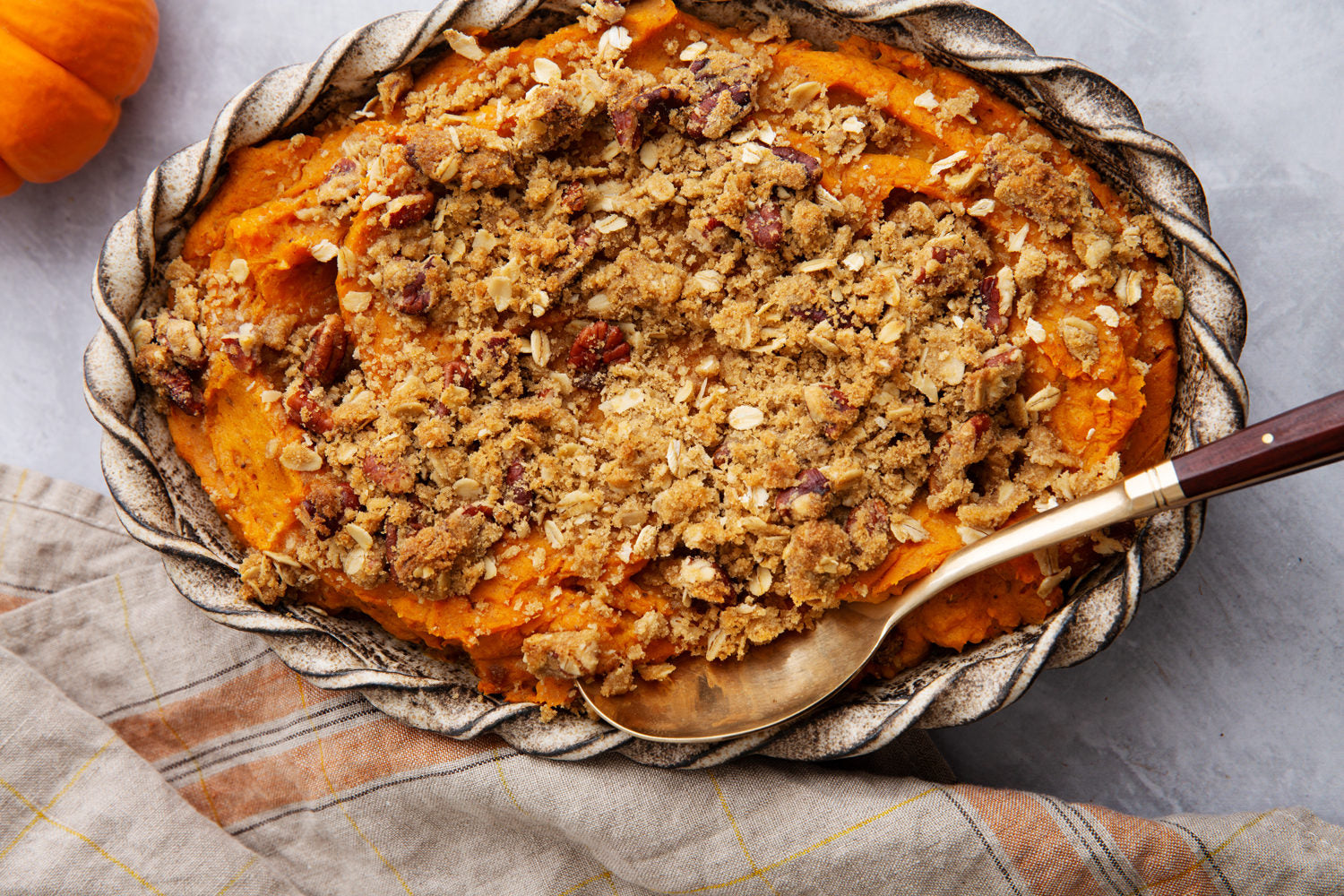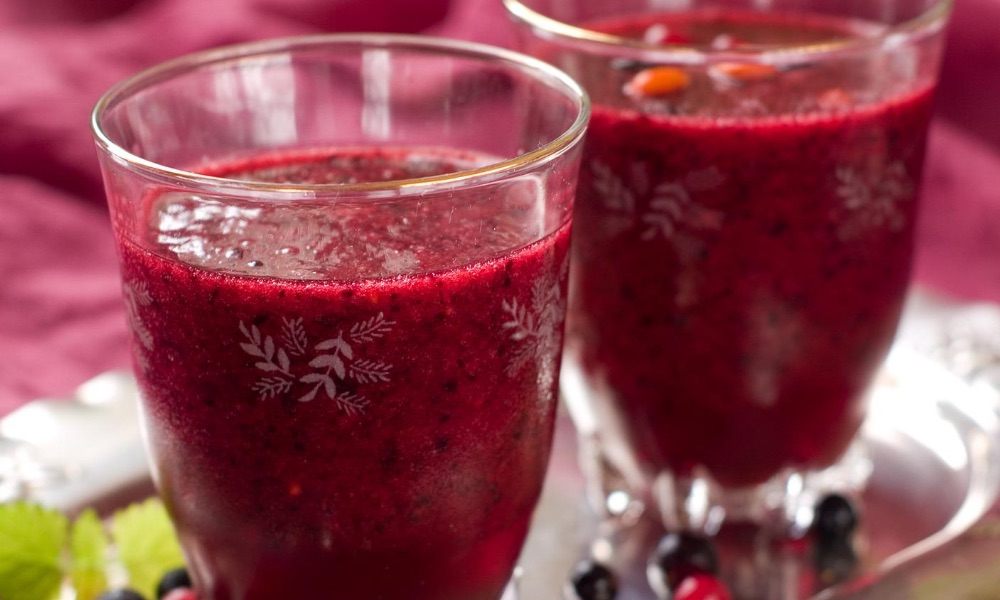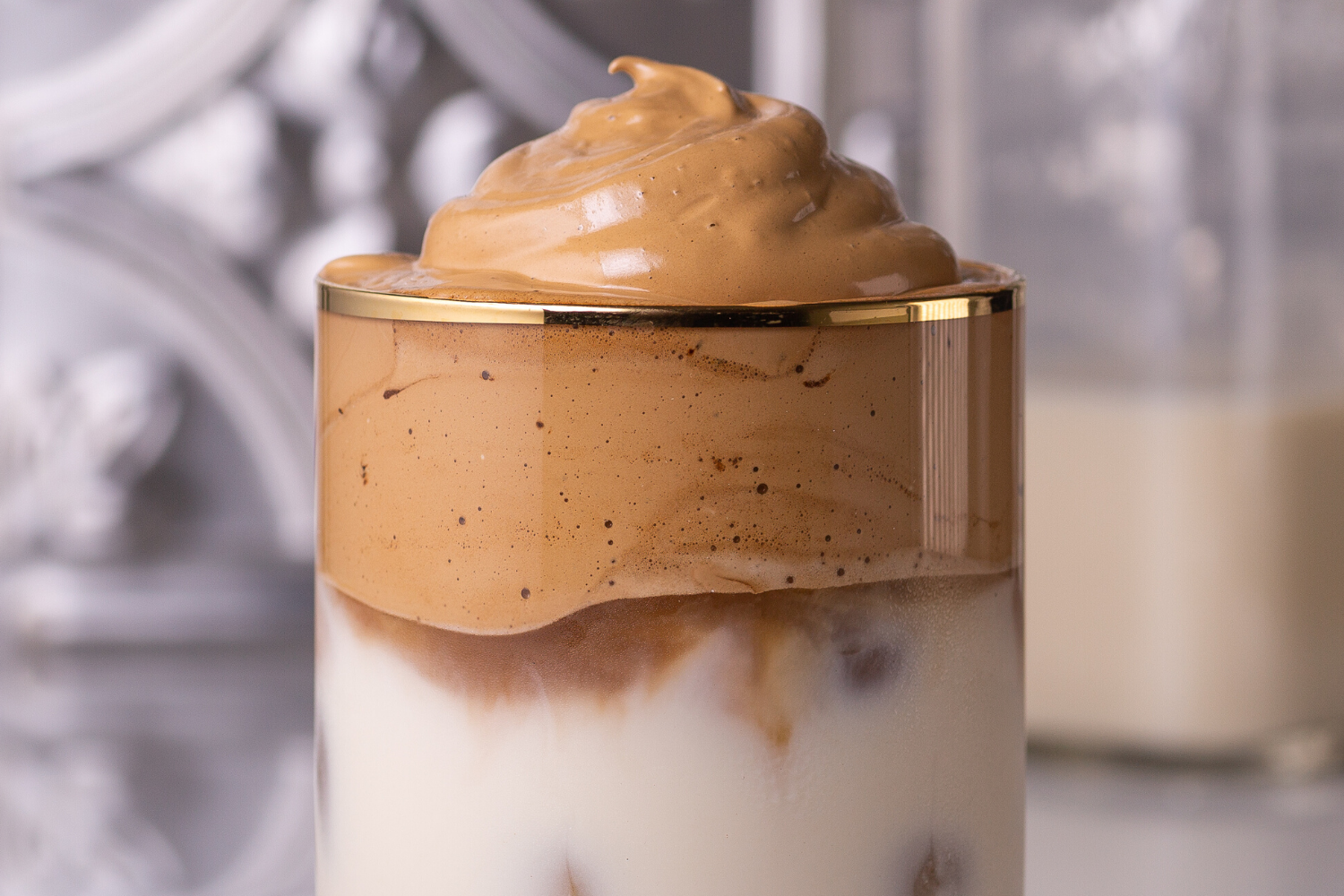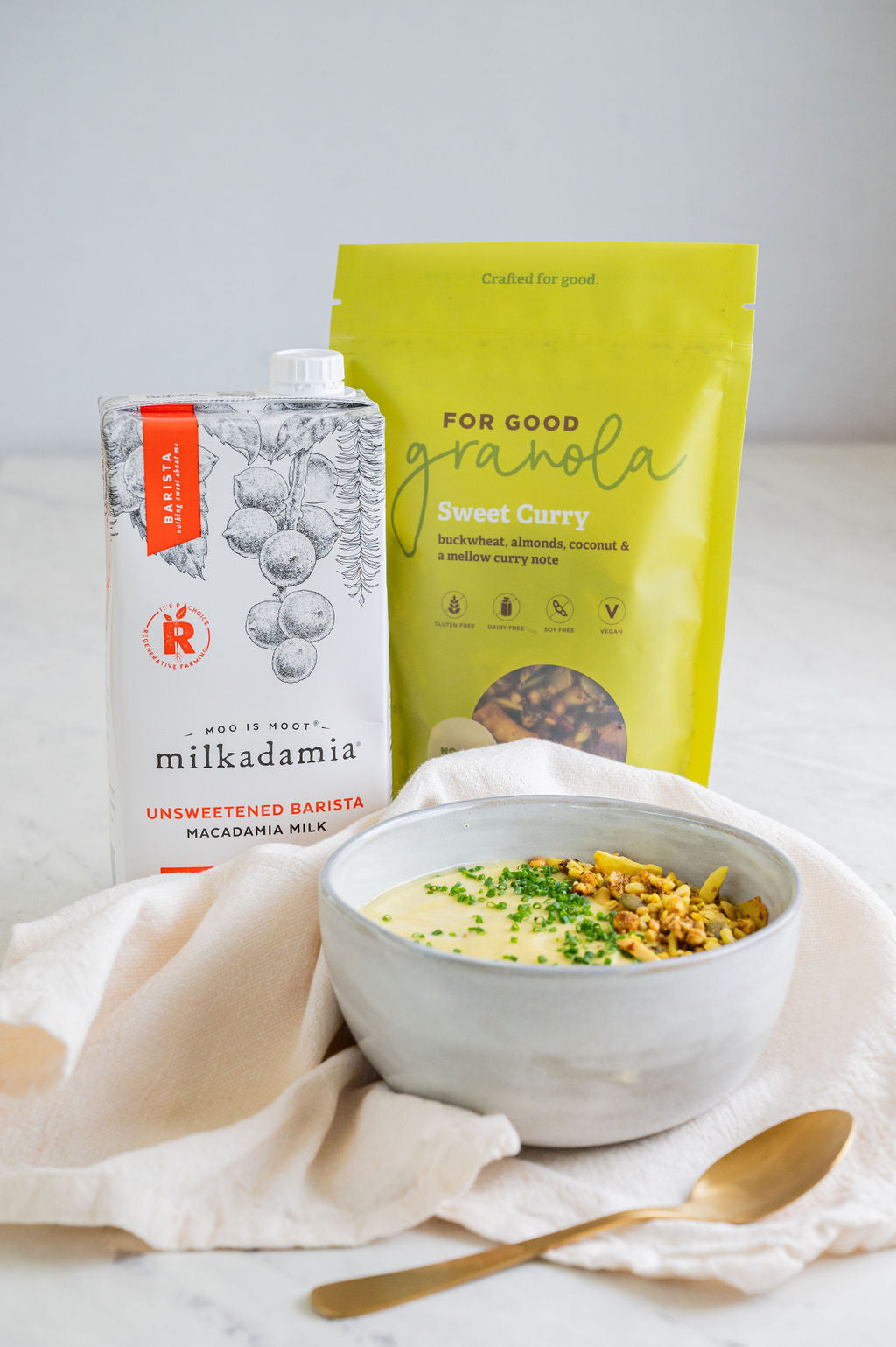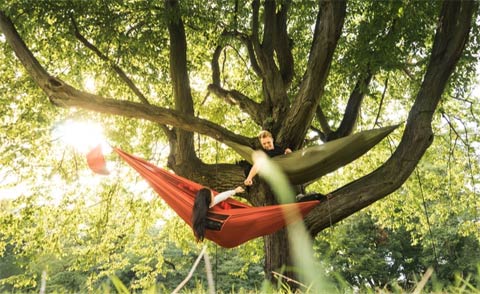
Remaking the Soul of Our Times
As far as I anticipated anything about the end of the world, I expected it would end with a bang of some sort. As those in the know now advise, it will happen gradually, as incrementally increasing temperatures hothouse most, or all life as we know it right out of existence.
Amazingly we are experiencing it right now and are deep into the existential fight for life on Earth, but it doesn’t feel like it. Yet many don’t want to hear much about it. Indeed, many don’t want to take personal action for fear of reducing modern convenience or lowering living standards. Despite plenty of high and low-level talk, deepening angst, and widespread emotional handwringing, we have been accelerating our demise by every measurable data point since we first learned of our impact on the climate. Now aware of our danger, we are in fact hastening towards the cliff. OK, this is our first climate-induced end of life on Earth experience; we will naturally make a mistake or two. I am sure we will do better next time.
It all seems too immense to contemplate. We cannot independently grasp the knotty plumbing and impossibly complex global interactions of climate. We are at the mercy of science to inform. Ironic that, given that without science’s insatiable lust for the power of knowledge (and our adoration of technology), we wouldn’t be here in the first place.
Wendell Berry states, “We live in the most destructive period of human history – therefore the most stupid.” How irritating is the truth so evident in that statement? It challenges everything we believe about the advancement of humanity and dulls the luster and sparkle of the technological wizardry that has so blinded us to our peril. We are more knowledgeable, connected, advanced, and educated than all previous generations combined – and more destructive – what the hey?
There is a misfit – the climate models are silicon-based and digital while we are carbon-based analog bags of emotions, feelings, and passions. Something’s getting lost in translation. How can a warm creature of blood, substance, and mass fathom a thing without substance or mass? It hasn’t helped that, for the most part, the climate crisis is presented as hotly debated, ever-revising climate models and changing projections.
Then the media’s handling of the climate crisis is a seesaw of partial credence and proviso, always rounded off with the bland assurance that we still have time – if we act soon. We are left with a startling lack of exactitude and wracked with uncertainty about what to do while increasingly anxious that we’ve become mere pawns in a gradually but steadily unfolding terror.
The advance of knowledge was supposed to usher in an idyllic epoch in the human occasion. We indeed went at it with vigor, digging deep into the Earth’s treasure-house; we developed a genius for inventing gadgets and creating novel uses for materials. For the most part, humanity was greatly advantaged, at least in the short term. Across large regions of the planet, famine and disease retreated, life expectancy advanced. We overcame and tamed the wildness of the Earth – separating it into human civilization and Nature as though they were each disconnected entities capable of independent existence. We aggressively exploited Nature to provide for human society. The piper is now demanding payment.
Just how nigh is the end?
Apocalyptic doom and end of the world predictions usually come from those living at the fringes of polite society or on the very edge of sanity. “The end is nigh” sandwich-board is a cartoon standard and prophets of doom rise and pass as regularly as the date marked in red on their end-of-the-world charts. We are, thus, primed to be skeptical of apocalyptic prophecy, and rightly so, it’s clear enough none has yet proved accurate.
Daily weather reports are too frequently inclusive of overblown, dire warnings of severe weather events that are hyped and amplified for ratings. As the majority (not all) pass without serious incident, our confidence in the predictive capacity of supposedly authoritative voices and news entities diminishes.
The media also pelts us with stories of impending financial ruin. There are always headlines predicting a catastrophic market crash. Catastrophe headlines pull in the punters, so the media dials to the max any prediction of disaster, no matter how speculative. Exciting predictions and rumors of wars fill many of the remaining media time slots or pages. Is it any wonder that when climatologists started crying wolf, our alarm response, jaded through years of media overstimulation, barely stifled a yawn? However, even inoculated as we are by over-exposure to all the trite and excited attention-grabbing headlines, the crisis of all crises requires our attention.
Our world is choked horizon to horizon with pandemic surges, planet bruising climate whiplash, mountains of garbage, and oceans a-chock with pollutants and plastics. As free-range icebergs the size of countries calve and melt, they are altering vital ocean currents; collectively, it becomes clear something truly untoward is upon us this time. It is also clear we are a significant part of the problem and must become the solution.
Our tomorrows, and increasingly todays, are shaped by the pandemic gauntlet and the global climate crisis. Yet believing we have no influence is to surrender to the notion we are mere human debris driven by the currents and eddies of other people’s choices.
Suppose we choose to work with Nature instead of against her, accepting that what is good for the natural world is ultimately good for us. In that case, we gain the most potent ally possible in our quest to alter the predicted climate trajectory.
Dishing dirt.
It may be humbling to acknowledge the centrality and importance of soil to life on Earth, but we, and our every aspiration, are entirely dependent on fertile ground. Over-exploitation of the soil has preceded the collapse of every previous civilization on Earth, and ours will not be an exception without change. In another irony, we currently scour lands for precious-earth ignoring the fact the most precious earth is the top six inches we greedily push aside.
Milkadamia supports regenerative farming. Regenerative farming focuses on soil health which is the first and most critical step in the right direction.
Every dollar we spend on food to sustain our families also supports industries and agricultural systems. By demanding only Regeneratively Farmed products, we consumers hold a powerful lever for change in our own hands. Consumers can force change faster than any legislation or protest could achieve. The oft-used term “consumer buying power” is an apt description – consumer purchases drive a large enough chunk of commerce to impact the health of our planet significantly. Collectively we are not pawns at all – business serves us, not the other way round.
We seek to change all destructive agriculture practices, yet cultivated land is scattered across borders, separated by oceans, rivers, cultures, politics, and seasons. No single entity has governance, but fortunately, none is required. The force that can convert agricultural practice to Regenerative Farming is also scattered across borders and oceans and separated by politics, race, mountain ranges, and rivers. It is we, the people.
It is evident we must remake the very soul of our times. The irreparably fragmented consciousness of humankind may only ever achieve unity of purpose in the commonality of love of land and life and desire for a future for their children’s children. We love and share the same sky. All rivers feed into the seas and intermingle. We are in this together. In the very endeavor of rejigging our relationship to the soil and engaging in restoring health to our lands we also experience profound reconnection.
“What we do need to worry about is the possibility that we will be reduced, in the face of the enormities of our time, to silence or to mere protest”. Wendell Berry
We hold a large enough chunk of our fate and future in our own hands to allow facing the future to be helpful, hopeful, and bearable.

